In Defense of the (English) Major
source: forlackofabettercomic.com
You may not be aware of this but, English, as a major area of study, is under constant scrutiny from outsiders who believe that it's a waste of time and money. At least once a week I am subject to a line of questioning that begins with my major and almost immediately ends or shifts to another topic. The normal, “so what do you want to do with that degree?” question doesn’t seem to apply to those interested in studying English. In a world full of technology, and a country full of capitalism, no one can seem comprehend why someone would want to devote their life to the study of books and essay writing. The reason that they can’t understand is because they have been misinformed. The major no longer begins and end with the pedagogical arts. Nor does it rise and fall at the whim of the creative writers. Owing much to structural changes in outdated curriculums, English majors have now countless opportunities in front of them — far greater than most graduates from other areas of study— they just have to recognize and seize the opportunity from the competition.
Former National Council of Teachers of English (NCTE) president Kathleen Blake Yancey first spoke of two major structural changes in English in 2005, during her presidential address at the CCCC, “Made Not Only in Words: Composition in a New Key.” In this address, Yancey stated that “literacy today is in the midst of a tectonic change.” The change referenced is an ongoing, systematic rewriting of how we think about the major, brought on by a re-envisioning of literacy to account for advances in communication technologies. What this means is, unlike whatever graphs and marketing strategies business majors will forever be studying, English majors will now be specializing in the new, revised definition of literacy: a process involving the creation and conveyance of meaning. Yancey is talking about improving the flow of information in a technological society meaning. She’s addressing the refinement of communication techniques meaning.
But she doesn’t stop there. Yancey is also advocating a new definition of composition–one for the twenty-first century that includes “[those who] compose words and images and create audio files on Web logs (blogs), in word processors, with video editors and Web editors and in e-mail and on presentation software and in instant messaging . . . in whatever genre will emerge in the next ten minutes.” In short: if it is created, it should be considered composition and thus be included in the curriculum. Unlike the current model of composition (thankfully on its way out), Yancey’s master of composition will be a multi-headed beast who can tackle pen-and-paper assignments, emails, text messages, and a presentation all while correcting a coworker’s laughable grammatical errors (because who messes up their and there?). All of this is good for marketability in a competitive world. Think of it this way: where a business or history major may struggle with how to keep a complex proposal under 400 words, an English major has already submitted a succinct 399-word proposal-presentation hybrid to the boss on paper and backed it up with a digital copy, which was then emailed to all of the executives so the company could save money on prints. Wow, even I’m impressed by this renaissance man.
All of this isn’t to say we aren’t marketable in our current form. In his Huffington Post article “Why I Hire English Majors,” author and small business expert Steve Strauss confesses that hiring English majors is something he loves to do. He explains that they are “the type of teammate who can make us all better,” and goes on to say that “they are taught to think critically . . . they know how to think, to think for themselves, and how to analyze a problem,” whereas business majors are “preoccupied with theory . . . and doing it ‘right’.”
It’s great that English is finally getting some of the respect it deserves through modern revisions, but, until the day that those revisions are finally recognized, we shouldn’t sell ourselves short. We are a group of intelligent individuals brought together by our love of the English language and our rise to power will mark a new era of intelligence throughout the world.

